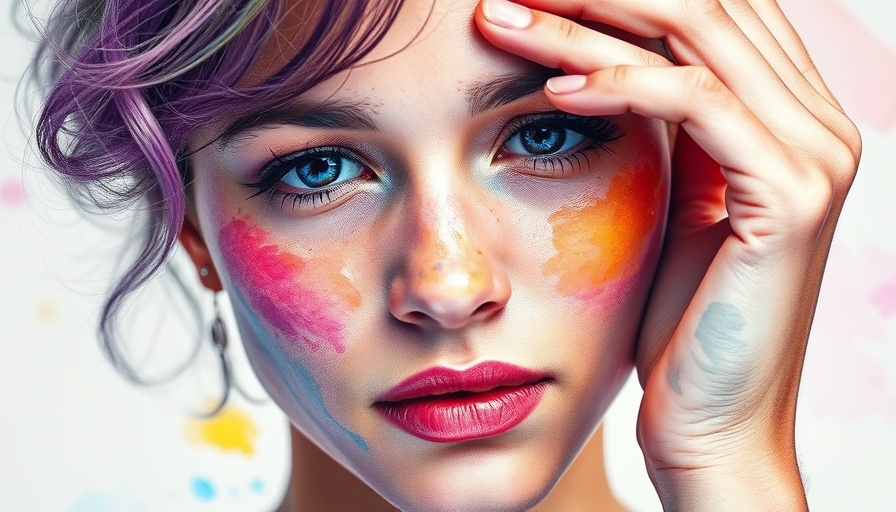
Understanding the Concept of 'Recession Hair'
In a world where beauty standards can often feel oppressive, the term “recession hair” has taken on new meaning. Originally popularized as a way to describe how people are stepping back from costly hair services during tough economic times, it celebrates a compromise between self-care and financial responsibility. But what happens when this trend excludes certain voices, particularly those of Black women?
What 'Recession Hair' Means for Black Women
As noted by writer Sophie Meharenna, the act of letting go often comes with privilege. For many Black women, embracing natural hairstyles isn’t merely a financial choice; it’s a necessity shaped by societal expectations. The perception of "professional" hair often looks drastically different for Black women, who might face criticism or scrutiny for styles that stray from the traditional straight-haired image.
Why Embracing Natural Hair Matters
Embracing one’s natural texture can be a powerful statement. For Black women, choosing to flaunt their hair—whether in curls, braids, or twists—can signify underlining issues of race, identity, and confidence. For many, it’s an act of personal empowerment, claiming space in industry settings that haven’t historically been welcoming. Such visibility isn’t just about aesthetics; it’s about equality and representation.
The Implications in the Workplace
Unfortunately, the workplace can still be a battleground for Black women’s hairstyles. The rules that govern what’s deemed acceptable often ignore their unique beauty. For some, the pressure to conform can lead to self-doubt, as seen in the anecdotes of individuals feeling driven to maintain styles that align with Eurocentric norms. This scrutiny perpetuates a cycle where Black women's hairstyles are seen as ‘other,’ drawing uninvited attention and comments.
Celebrating Diversity in Beauty
The narrative surrounding beauty should celebrate the vast spectrum of hair types, textures, and styles. While brands and publications are beginning to shift toward more inclusive representations, we must keep the conversation alive about how individual experiences differ. It’s vital to recognize that Black women still navigate spaces with a different set of expectations. When discussing topics like “recession hair,” it’s crucial to include diverse perspectives and highlight unique challenges.
Encouraging Change in Attitudes
With a changing conversation surrounding beauty, we have the opportunity to advocate for a more inclusive definition of professionalism. Encouraging workplaces to embrace diversity in beauty standards not only alleviates pressure on individuals but promotes a healthier workplace culture. Diverse hairstyles should be celebrated and respected, as they represent not just personal choices but cultural identities.
Know Your Beauty, Know Your Value
Ultimately, the beauty industry is shifting, and so too should our understanding of what it means to look good. It’s essential for individuals to recognize their worth beyond fitting into societal beauty norms. Fostering environments where everyone can express themselves freely—whether through hair or any other means—will lead to a greater understanding of each other and a richer appreciation of beauty.
The narrative of “recession hair” may continue to evolve, but it’s our responsibility to ensure the conversation remains inclusive. Let’s redefine beauty together.
 Add Row
Add Row  Add
Add 




 Add Row
Add Row  Add
Add 

Write A Comment